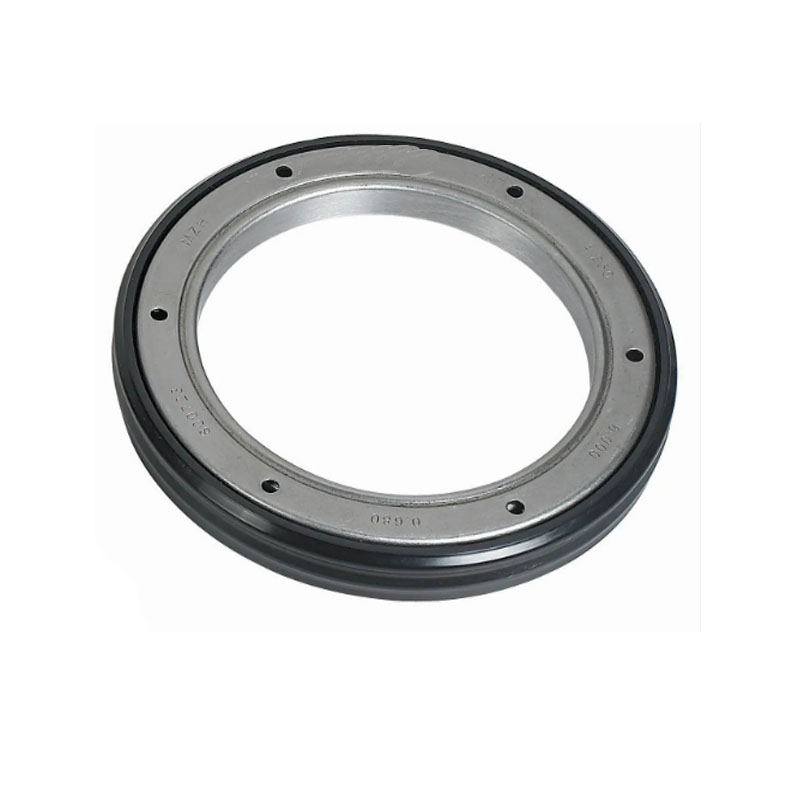Understanding the Importance and Functionality of National Oil Seals in Machinery Applications
Understanding National Oil Seals Importance, Applications, and Selection
National oil seals, also known as lip seals or rotary shaft seals, are crucial components in various machinery and equipment across multiple industries. These seals are designed to prevent the leakage of lubricants and protect machinery from dirt, water, and other contaminants. Their primary function is to maintain the integrity of lubrication systems, thereby ensuring optimal performance and longevity of mechanical components.
Importance of Oil Seals
The importance of national oil seals cannot be overstated. In an engine, for example, they play a vital role in retaining oil and preventing it from leaking out of the crankcase. This is essential for providing adequate lubrication to moving parts, which helps to reduce friction, prevent wear and tear, and increase efficiency. Oil seals also protect the internal components from external contaminants, which could lead to corrosion and failure of the system.
Moreover, oil seals contribute to the overall safety and reliability of equipment. A failure in the sealing system can lead to oil leaks, which not only pose environmental hazards but can also result in costly repairs or replacements. Consequently, ensuring the right oil seals are selected and maintained is critical for equipment manufacturers and operators alike.
Applications of National Oil Seals
National oil seals are found in a wide range of applications, from automotive and industrial machinery to aerospace and agricultural equipment. In the automotive sector, oil seals are commonly used in engines, transmissions, and differentials. They help to contain the lubricants necessary for the smooth operation of components such as camshafts, crankshafts, and gears.
In industrial applications, these seals protect bearings and other rotating machinery. Equipment in manufacturing processes often requires reliable seals to avoid downtimes caused by leaks or contamination. Similarly, in the agricultural sector, machinery such as tractors and harvesters utilizes oil seals to ensure that their hydraulic systems operate efficiently.
Aerospace applications also rely heavily on national oil seals
. The harsh conditions that aerospace equipment encounter demand high-performance sealing solutions that can withstand extreme temperatures, pressures, and environmental conditions.national oil seals

Selecting the Right Oil Seal
Choosing the right national oil seal is critical for the performance and reliability of machinery. Several factors must be considered during the selection process
1. Material Composition Oil seals come in various materials such as rubber, silicone, and polyurethane. The choice of material often depends on the operating conditions, including temperature and chemical exposure.
2. Size and Dimensions Accurate measurements are essential for a proper fit. An incorrectly sized seal can lead to leaks and potential equipment failure.
3. Design Features Different oil seals may include additional design features such as springs or dust lips, enhancing their ability to retain lubricants and shield against contaminants.
4. Operating Conditions Factors such as speed, pressure, and environmental exposure should be considered. For high-speed applications, for instance, specific sealing designs may be required.
Conclusion
National oil seals are integral to the functionality and safety of a multitude of machinery and equipment. Their ability to prevent leaks and protect against contaminants makes them indispensable in various industries. When selecting oil seals, it is vital to consider the material, size, design, and operating conditions to ensure optimal performance. As technology evolves, the design and materials of national oil seals continue to improve, further enhancing their effectiveness and longevity in protecting machinery from wear and tear. By understanding and properly implementing these seals, industries can achieve greater efficiency, cost-effectiveness, and environmental stewardship.
-
Understanding the Importance of the Crankshaft Oil Seal in Engine Performance
News Jun.16,2025
-
The Unsung Heroes of Engine Protection: Understanding Automotive Shaft Seals and Oil Seals
News Jun.16,2025
-
Keeping the Engine Tight: The Role of Crankshaft Seals and Gaskets in Oil Control
News Jun.16,2025
-
Complete Protection in Harsh Conditions: A Deep Dive into Cassette Seals
News Jun.16,2025
-
Choosing the Right Oil Seal: A Guide to Trusted Brands and Suppliers
News Jun.16,2025
-
Advanced Sealing Technologies: Exploring the Range of Modern Oil Seals
News Jun.16,2025
-
Your Essential Guide to Car Repair Kits: From Rust to Dings
News Jun.13,2025
Products categories















